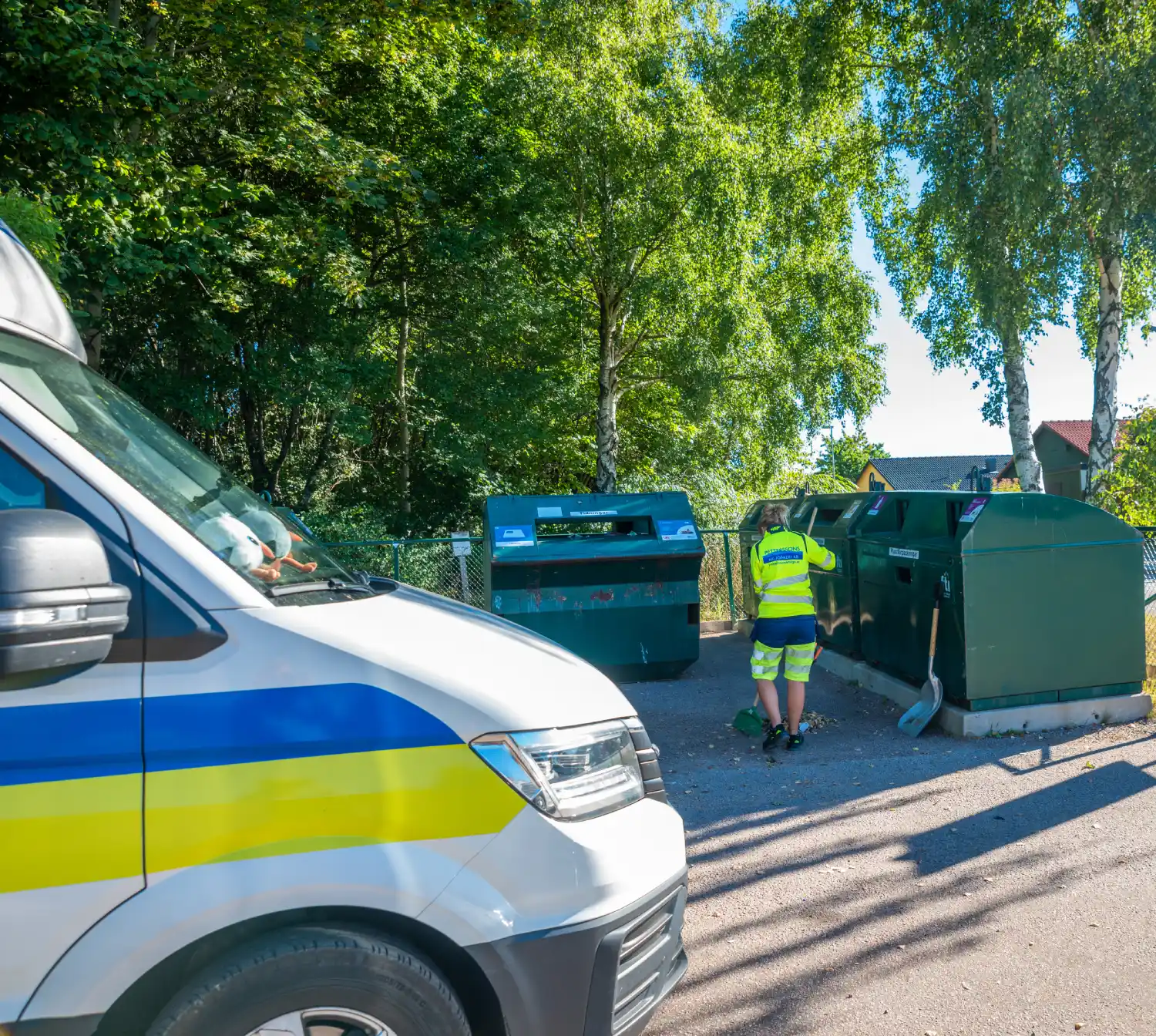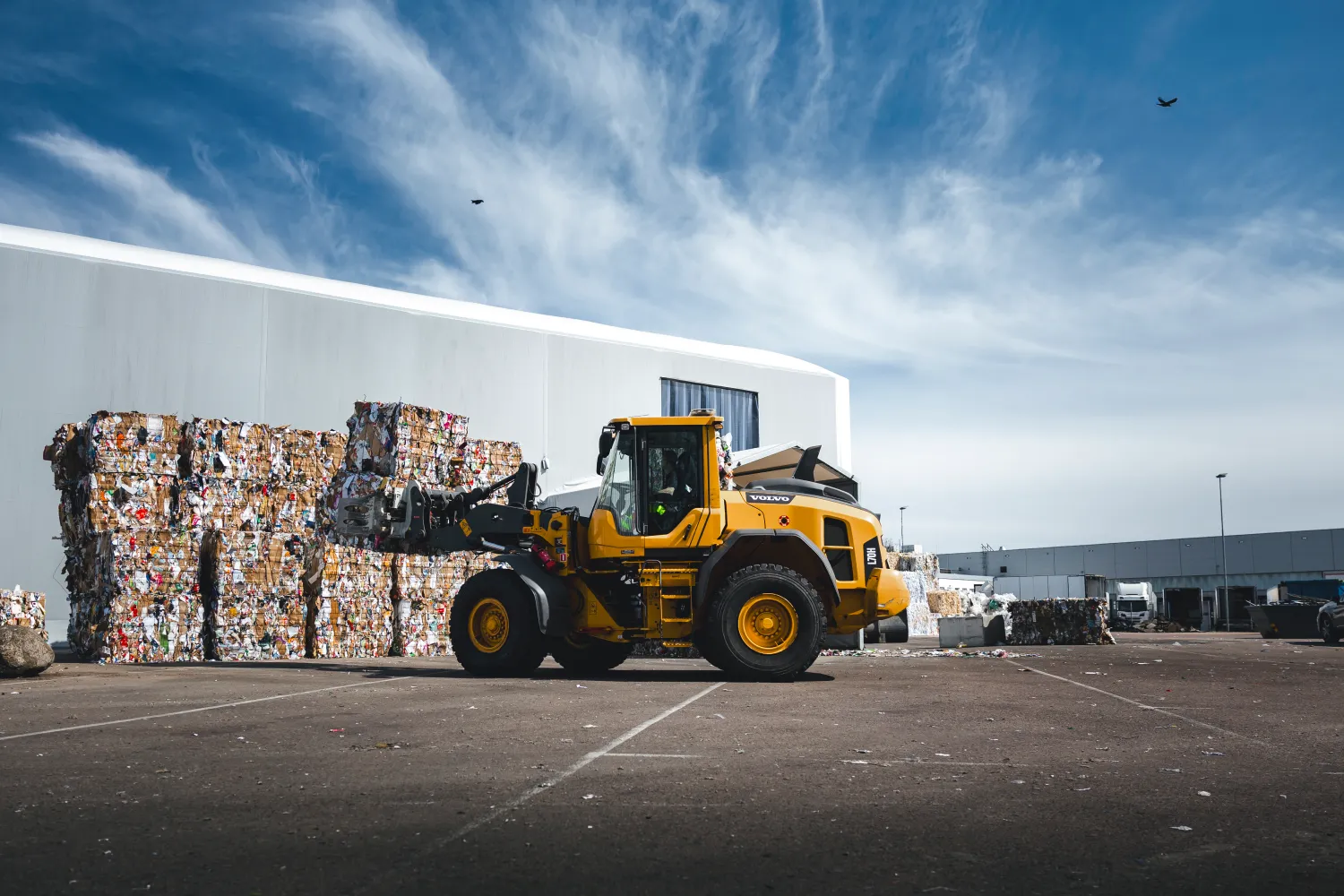The Swedish Approach to Recycling: Turning Waste into Wealth
The Swedish Approach to Recycling: Turning Waste into Wealth
Blog Article
Sweden has for ages been a head in sustainable techniques, and their Recycling (Återvinning) trip is nothing lacking remarkable. From modern waste management methods to a nationwide cultural change, Sweden has changed the way it grips waste. The united states has made garbage in to treasure by maximizing recycling attempts and harnessing waste as a valuable resource. This process not only diminishes environmental impact but in addition plays a role in Sweden's ambitious alternative power goals.

Leading Recycling Rates
Sweden delivers among the best recycling costs in the world, with around 99% of home waste being recycled or repurposed. The country is rolling out a innovative spend organizing system which makes it simple for citizens to separate recyclables, ensuring little waste eventually ends up in landfills. That achievement is not caused by a single plan but alternatively a thorough national energy, including a robust infrastructure and the productive involvement of Swedish residents.
Waste-to-Energy Innovation
Among Sweden's most remarkable strategies in waste administration is its waste-to-energy (WTE) model. As opposed to giving spend to landfills, Sweden burns recurring spend to create power in the proper execution of heat and electricity. This method accounts for about 50% of the country's waste, and the energy produced forces homes, corporations, and even whole cities. The WTE model not just decreases landfill waste but in addition somewhat decreases Sweden's dependence on fossil fuels, aiming with the nation's sustainability goals.
Lengthy Company Responsibility (EPR)
A vital element of Sweden's recycling success may be the implementation of Lengthy Company Responsibility (EPR). That policy needs suppliers to control the recycling of these items and packaging. By moving the responsibility to makers, Sweden has considerably paid down packaging waste and incentivized the progress of more sustainable products. EPR has also led to higher recycling costs, particularly in sectors like electronics, presentation, and textiles.
Community Diamond and Knowledge
The Swedish government places a strong focus on training their people concerning the significance of recycling. Public awareness campaigns encourage people to undertake responsible consumption behaviors, such as lowering waste and recycling effectively. Schools, media stores, and regional governments interact to promote environmental stewardship, ensuring that recycling is section of lifestyle for Swedes of ages.
Future Innovations
As Sweden continues its recycling journey, the united states is discovering new technologies to help improve spend management.

Conclusion
Sweden's recycling journey has turned waste in to treasure, indicating that waste can be quite a valuable source when managed responsibly. Through large recycling prices, waste-to-energy invention, and procedures like Expanded Company Responsibility, Sweden has collection an international example for sustainable waste management. With continued creativity and a culture of environmental awareness, Sweden is set to remain at the front of the world wide recycling movement, showing a round economy is not only possible—it's the future. Report this page